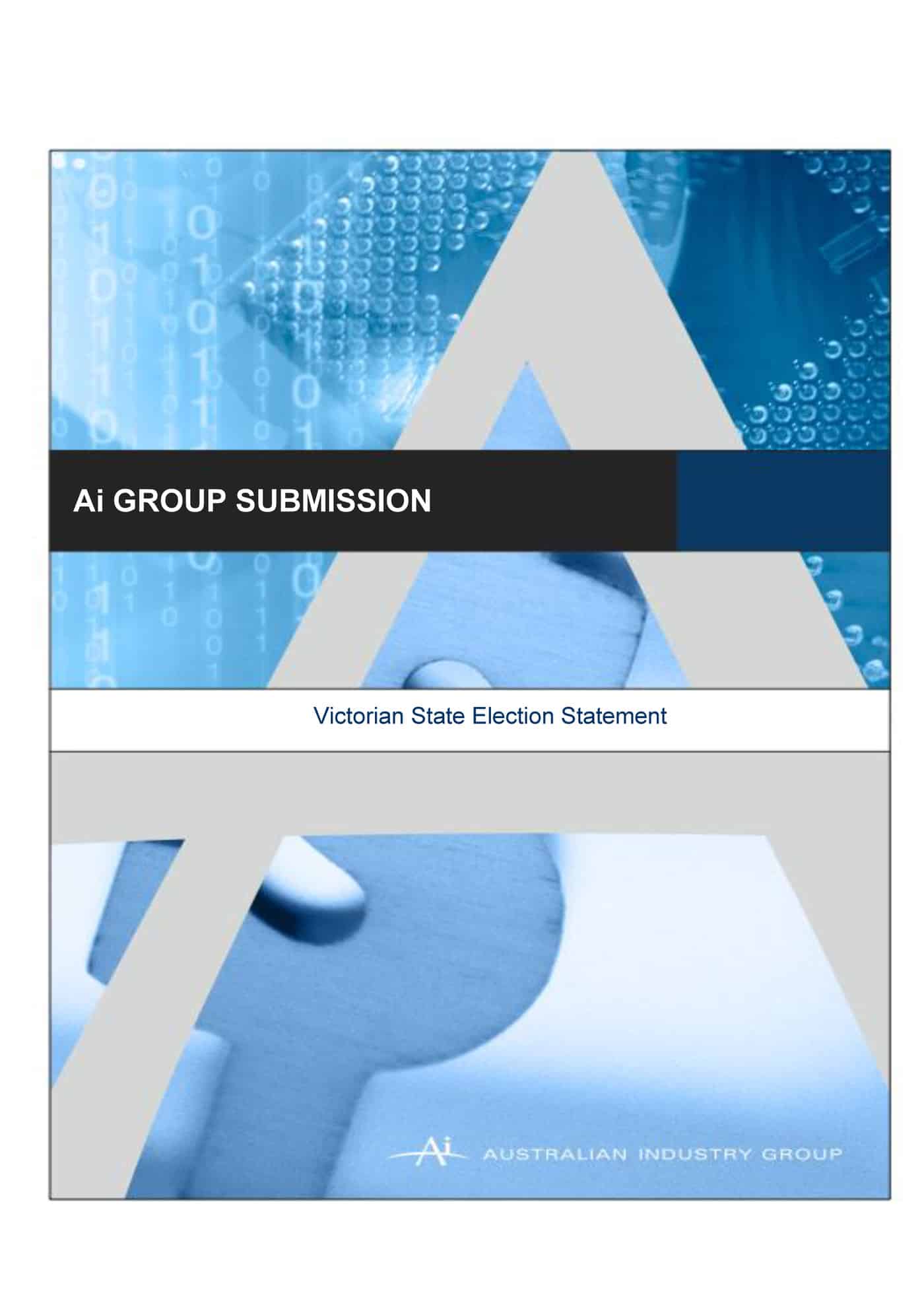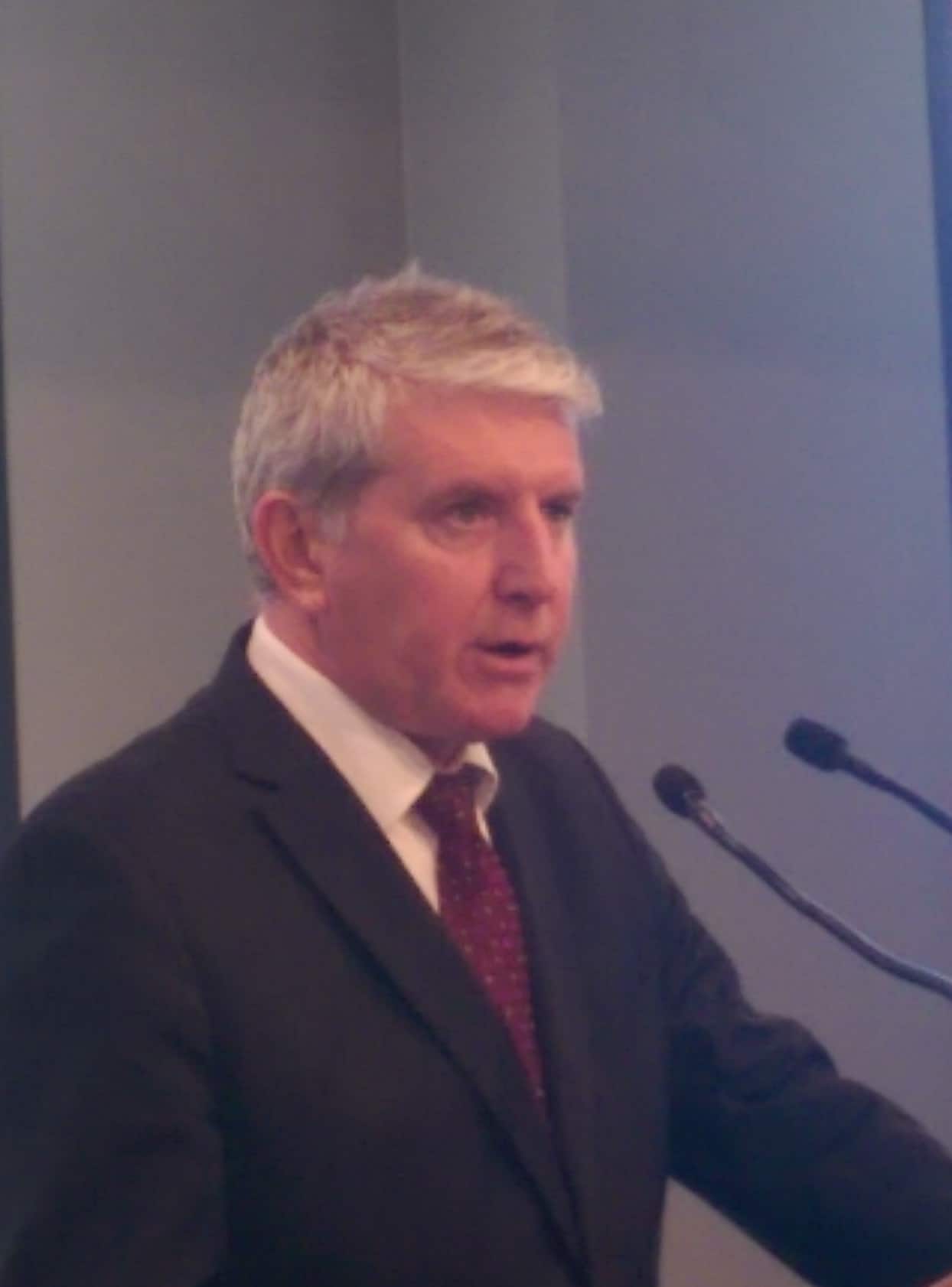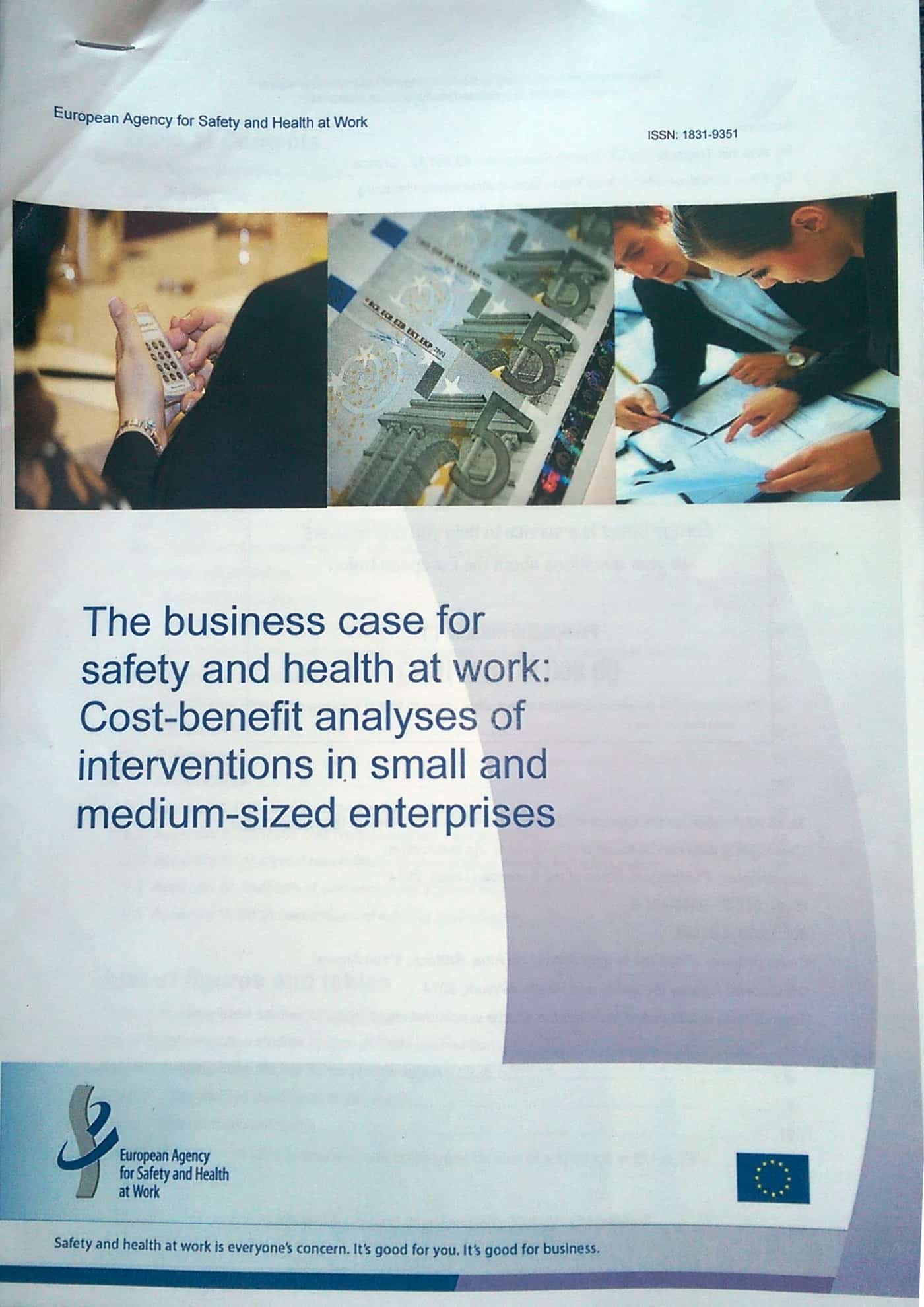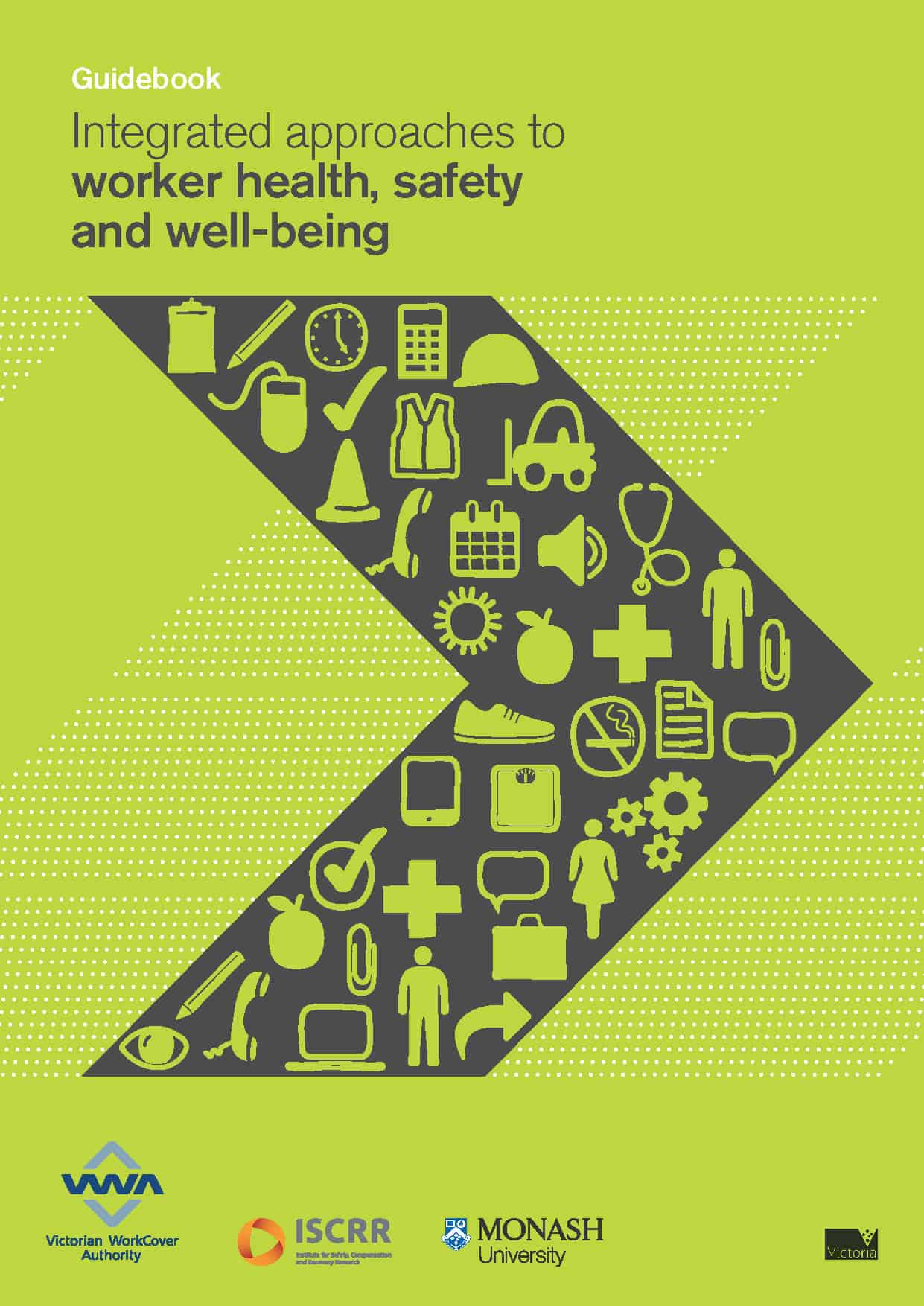 Later this month, Victoria is conducting its regular State election. Workplace safety has not been mentioned by any of the candidates but at least one industry association has mentioned occupational health and safety in its pre-election statement. The Australian Industry Group (AiGroup) has recommended
Later this month, Victoria is conducting its regular State election. Workplace safety has not been mentioned by any of the candidates but at least one industry association has mentioned occupational health and safety in its pre-election statement. The Australian Industry Group (AiGroup) has recommended
“The next Victorian Government should immediately commit to the harmonised OHS laws as the state remains the only jurisdiction not to do so.” (page 5)
The AiGroup does not expand on the reasons for this recommendation other than seeing OHS has part of its general call for harmonisation and that it is part of “reducing costs of doing business”. SafetyAtWorkBlog was able to fill in some of the AiGroup’s reasoning by talking, exclusively, with

 In developing harm reduction and prevention strategies, the occupational health and safety (OHS) profession likes to look at worst case scenarios on the understanding that dealing with an extreme event introduces mechanisms that deal with lesser events. Partly this is a legacy of
In developing harm reduction and prevention strategies, the occupational health and safety (OHS) profession likes to look at worst case scenarios on the understanding that dealing with an extreme event introduces mechanisms that deal with lesser events. Partly this is a legacy of  As part of Safe Work Australia month, or perhaps coincidentally, the Australian Council of Trade Unions held its annual
As part of Safe Work Australia month, or perhaps coincidentally, the Australian Council of Trade Unions held its annual 
 Later this month, the Victorian WorkCover Authority (VWA) will be releasing a document entitled “Integrated approaches to worker health, safety and well-being” (pictured right, but not yet available online). It is intended to generate discussion on how to improve workplace safety performance by breaking down the walls of various disciplines, production processes, consultative silos and institutional or organisational biases. This document builds on the overseas experience of the
Later this month, the Victorian WorkCover Authority (VWA) will be releasing a document entitled “Integrated approaches to worker health, safety and well-being” (pictured right, but not yet available online). It is intended to generate discussion on how to improve workplace safety performance by breaking down the walls of various disciplines, production processes, consultative silos and institutional or organisational biases. This document builds on the overseas experience of the